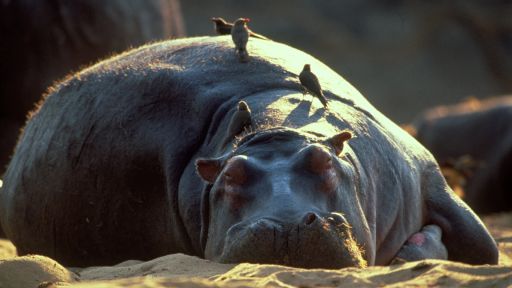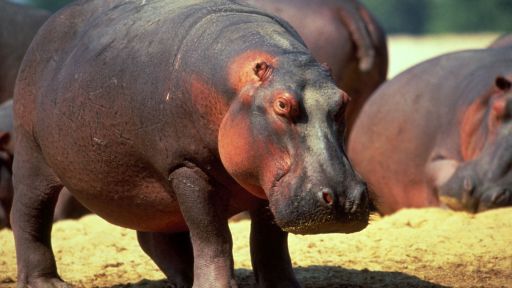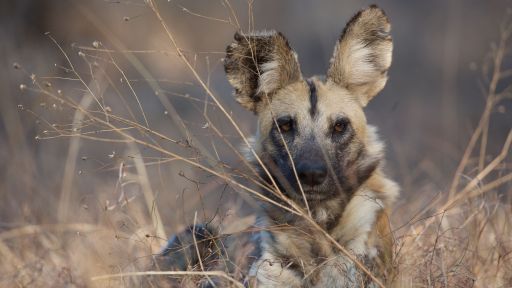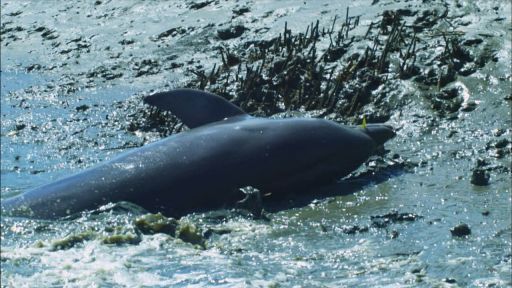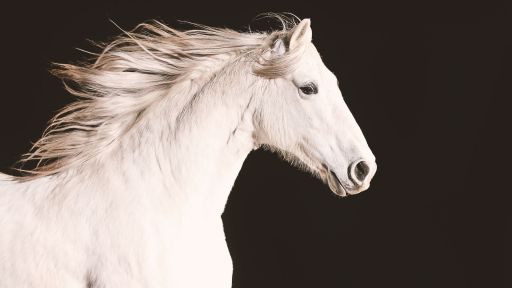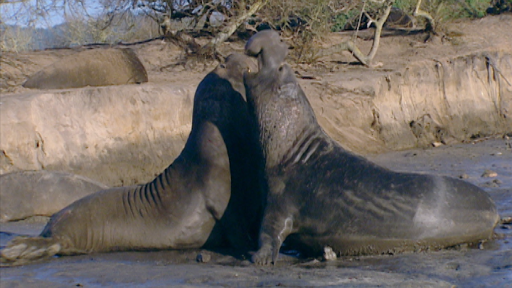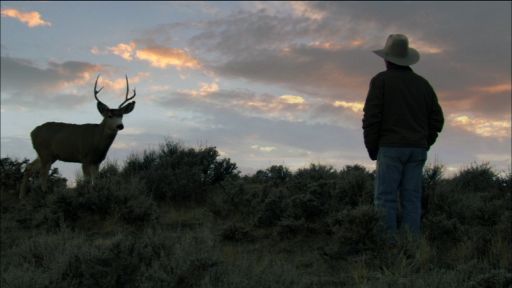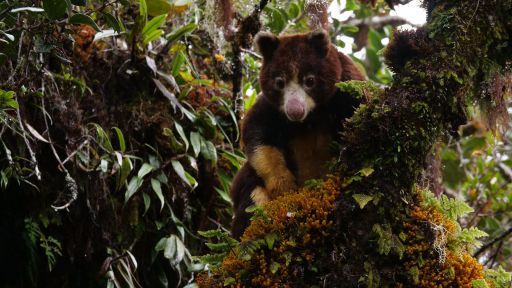
As a South African growing up in Cape Town surrounded by the dramatic scenery and incredible botanical wealth of the Cape mountains, Justin Maguire at an early age developed a deep passion for the natural world. He began work as a camera assistant in the United Kingdom film industry before starting to make wildlife films together with his wife, Cluny South, over eight years ago. Since then he has worked throughout Southern and North Africa, the UK, and Asia, predominately for the BBC Natural History Unit. He won a photographic merit award for HIPPO BEACH and a joint cinematography award for WILD AFRICA – MOUTAINS. Maguire recently spoke to NATURE about his experiences filming hippos.
Q: What was the most difficult aspect of filming hippos?
Safely getting close enough without disturbing them.
Q: Did you take any extra precautions when filming them so closely? As you know, although hippos may appear non-threatening, they can actually be quite aggressive.
HIPPO BEACH filmmaker Justin Maguire I often needed to get close to hippo groups that were basking out in the open on sand banks a hundred meters or more from the closest obstacle or defensive barrier, so we had to be pretty careful. You don’t want to get caught out in the open alone with 2 tons of charging hippo and no place to retreat! So we built special filming hides that were based on the old English HAHA system (which were used in the 17th century as anti-deer defense). This involved digging a reinforced trench around our grass thatched filming hides that would hopefully put off, or at very least slow down, any wayward charging hippo. The filming passed off without any serious mishaps, although there were certainly some nervous moments when large groups of sun-basking hippos surrounded the hide and rival males clashed within meters of my camera. Luckily I never did get a chance to see if the trench system would actually work!
Q: How did you film the underwater and night-time sequences?
The underwater footage was filmed separately by a specialist underwater cameraman and with some remote cameras. The night footage was filmed largely with an image-intensifying “star light” camera enhanced at times with additional infrared light. It enabled us to get wonderfully wide shots of the river as hundreds of hippos came out at night to feed under a starry sky.
 The reinforced trench and thatched filming hide. The reinforced trench and thatched filming hide. |
Q: What surprised you the most about hippos?
They were petrified of us — slow-running tiny little humans — which is amazing considering their incredible size and potential to cause harm. They have obviously learned over hundreds of years of persecution that humans are bad news, and it will take some time for us to make amends.
Q: What will you remember most about filming this project?
My wife, Cluny, and I worked together on the project throughout. One night we woke up in our little (by hippo standards) tent to hear an odd, but very loud noise. It took us both a while to realize it wasn’t the other one snoring, but the sound of grinding hippo teeth chewing grass within feet of our heads — just outside the tent! I don’t think either of us took a breath until it had finished the good grass and had headed off. It felt like hours!
To order a copy of HIPPO BEACH, please visit the NATURE Shop.
Online content for HIPPO BEACHwas originally posted September 2007.

